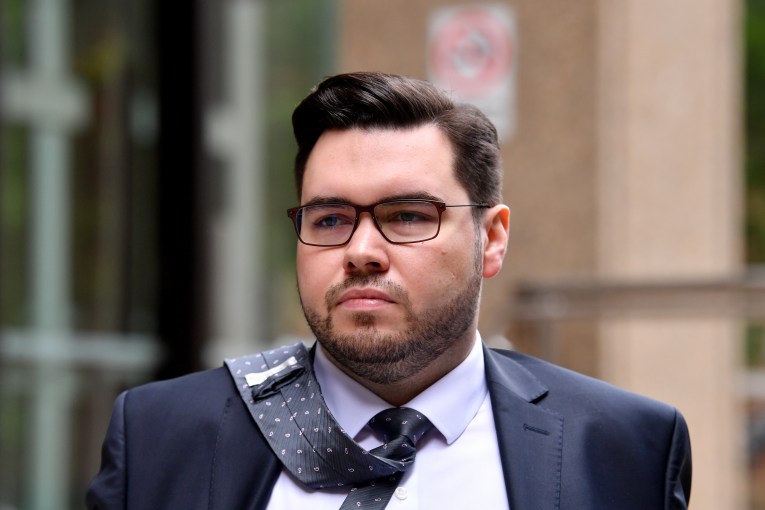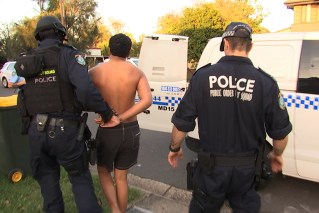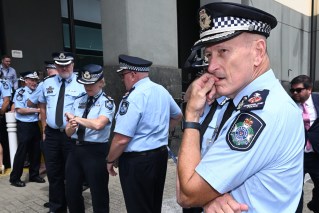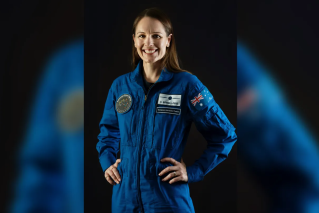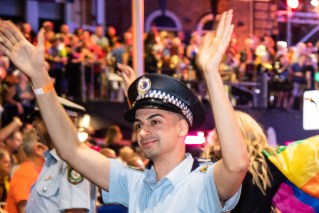How this Aussie beach volleyballer started her Olympic journey 200km from the ocean
Cathy Freeman first lit the Olympic fire inside Taliqua Clancy, who enters Thursday’s beach volleyball semi-final on the cusp of a remarkable Olympic medal.
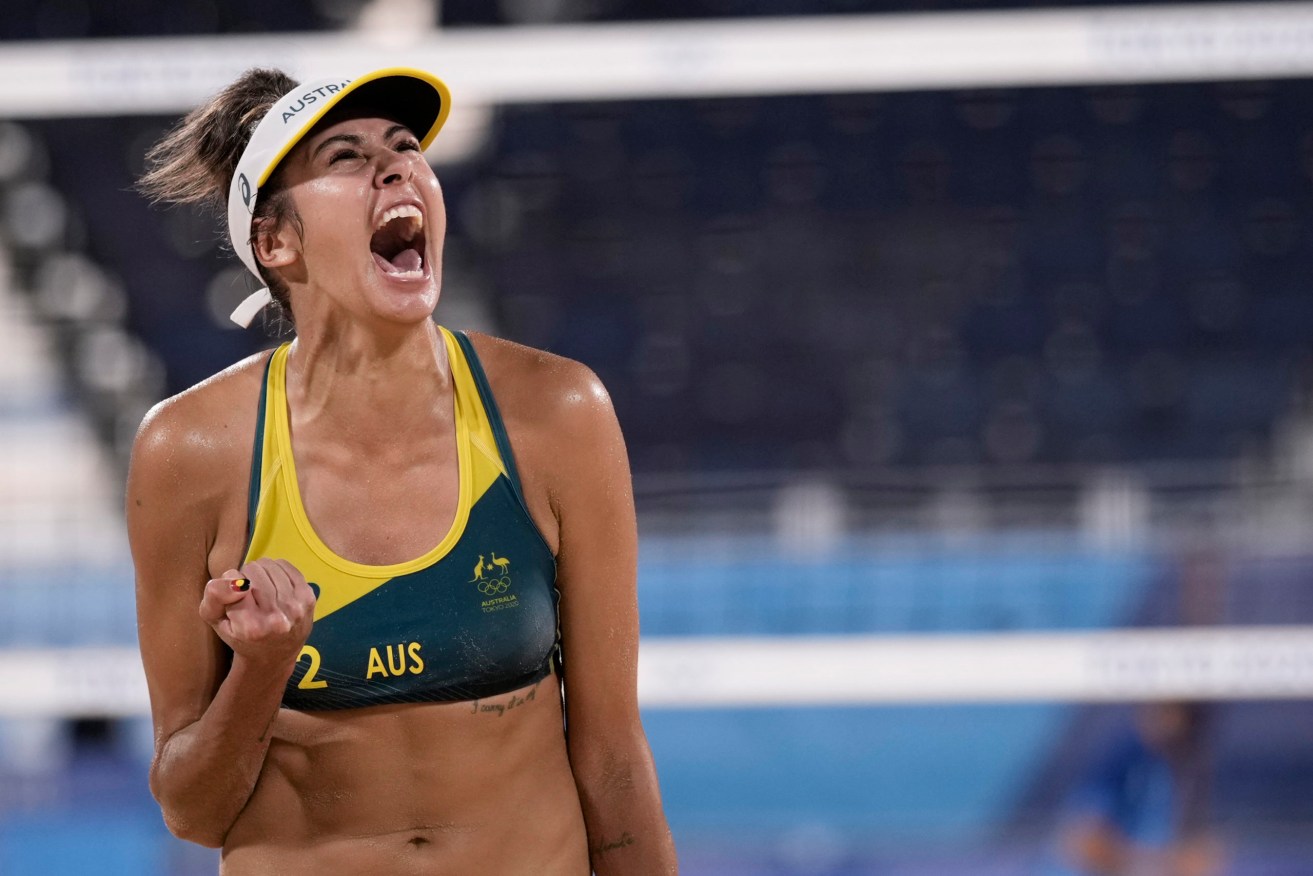
Taliqua Clancy, of Australia, celebrates winning a women's beach volleyball quarterfinal match against Canada. (AP Photo/Felipe Dana)
But Natalie Cook was the mentor who helped Clancy fall in love with a sport she initially hated, putting the wheels in motion for one of the more stunning stories of Australia’s Tokyo Olympics campaign.
Clancy, who alongside Peru-born teammate Mariafe Artacho del Solar ousted Canada’s reigning world champions in a quarter-final boilover, is two wins away from becoming the first Indigenous Olympian to win gold since Freeman.
The 29-year-old hails from Kingaroy, the resting place of Joh Bjelke-Petersen that is more than 200 kilometres from the ocean.
Bjelke-Petersen, Matthew Hayden and peanuts have been the rural Queensland town’s most famous products so far.
Clancy didn’t know what volleyball was during her childhood; it was the 400m final that bedazzled and inspired when Freeman and Cook both won gold on Australia’s crowning day of Sydney 2000.
But the proud Wulli Wulli and Goreng Goreng woman discovered indoor volleyball – and that she was very good at it – during high school as her sporting passion eventually shifted from netball, swimming and athletics to spikes, digs and serves.
Clancy and her single mother Shannon shifted to Brisbane, where the latter drove a forklift and folded junk mail to fund her then 15-year-old daughter’s Olympic dream at the Queensland Academy of Sport.
Clancy tried her hand at beach volleyball and crossed paths with Cook, whose triumph on the sands of Bondi with Kerri Pottharst remains Australia’s most recent Olympic medal in the sport.
“Nat helped me a lot actually,” Clancy told AAP in 2012.
“She got me an apprenticeship when I was living in Brisbane.
“She was always there for me to talk to, and almost being a mum. She’s played a massive role in keeping me in the sport.”
Clancy performed data-entry duties at Cook’s Sandstorm beach club, which catered for social and serious players in the Queensland capital.
The work was not electrifying but it was part of a platform that helped her develop and perform at a level that captured the eye of talent scouts, who extended a scholarship to the Australian Institute of Sport facility based in Adelaide at the time.
As a 17-year-old, Clancy relocated to South Australia.
Clancy was 19 when she first linked up with Artacho del Solar, helping Australia win their Continental Cup final and in the process securing Cook a ticket to London for her fifth and final Olympics.
Cook shed tears of joy and pride on Wednesday in an emotional video on her Facebook page.
“I don’t think I’ve seen or felt anything like I did, midnight last night,” Cook said.
“I’m so proud of these girls. I’m proud of watching their journey, being a very small part of their journey.
“Kerri and I … know exactly what they’re feeling right now. They’re handling it beautifully.”
Artacho del Solar’s own path to the sport can be traced back to an inspirational postcard signed by Cook and Pottharst that was sent to her family in Peru before they emigrated to Australia.
The duo made their Olympic debuts alongside different partners at Rio 2016.
They have since reunited, won seven world-tour events, and will start favourites against
Latvians Tina Graudina and Anastasija Kravcenoka in Thursday’s semi-final before a gold-medal or bronze-medal match awaits on Friday.
Clancy, one of 16 Indigenous athletes representing Australia at these Games, is an ambassador for health promotion initiative Deadly Choices.
The Queenslander has repeatedly talked about how proud she is to represent her family, culture and country; having connected with Paul Vandenbergh when he was director of AFL club Port Adelaide’s Aboriginal programs.
“I’m in such a unique position and I don’t want to waste it,” Clancy said after being part of
Port’s program in the Anangu Pitjantjatjara Yankunytjatjara (APY) Lands.
“I don’t feel that I’m just representing my family, I feel that I’ve got an opportunity to give back and help the bigger Aboriginal community.”
Now, the Brisbane-based star has a unique chance to inspire a generation of Olympians ahead of the 2032 Games in her own backyard.
